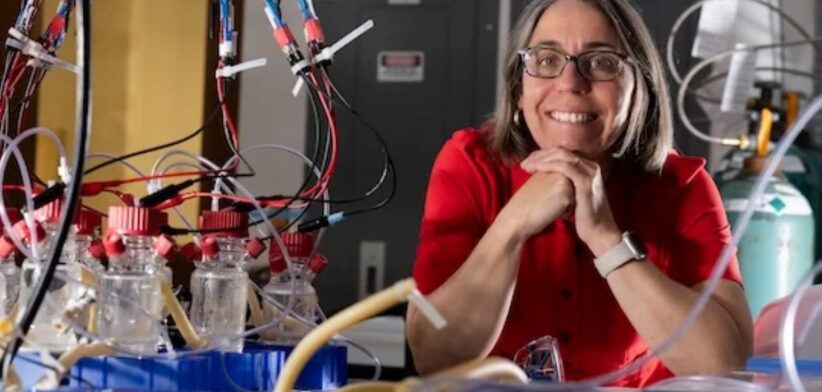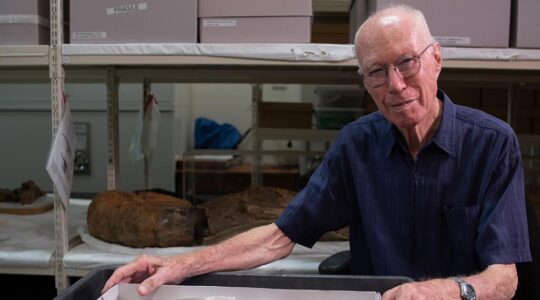Bacteria which breathe electricity, as opposed to oxygen, are set to pave the way for more sustainable technologies using biology.
Researchers from Rice University, in the United States, have discovered how certain bacteria breathe by generating electricity, using a natural process that pushes electrons into their surroundings instead of breathing on oxygen.
Bioscientist Caroline Ajo-Franklin said the findings could enable new developments in clean energy and industrial biotechnology.
“This work, which merges biology with electrochemistry, lays the groundwork for future technologies that harness the unique capabilities of these microscopic organisms,” Professor Ajo-Franklin said.
“Our research not only solves a long-standing scientific mystery, but it also points to a new and potentially widespread survival strategy in nature.”
She said the foundational discovery had far-reaching practical implications, with biotechnology processes such as wastewater treatment and biomanufacturing potentially significantly improved through better management of electron imbalances.
“Electricity-exhaling bacteria could fix these imbalances to keep the systems running efficiently.
“Our work (also) lays the foundation for harnessing carbon dioxide through renewable electricity, where bacteria function similarly to plants with sunlight in photosynthesis.
“It opens the door to building smarter, more sustainable technologies with biology at the core.”
Professor Ajo-Franklin said the technology may also enable bioelectronic sensors in oxygen-deprived environments, offering new tools for medical diagnostics, pollution monitoring and deep-space exploration.
Read the full study: Extracellular respiration is a latent energy metabolism in Escherichia coli.








